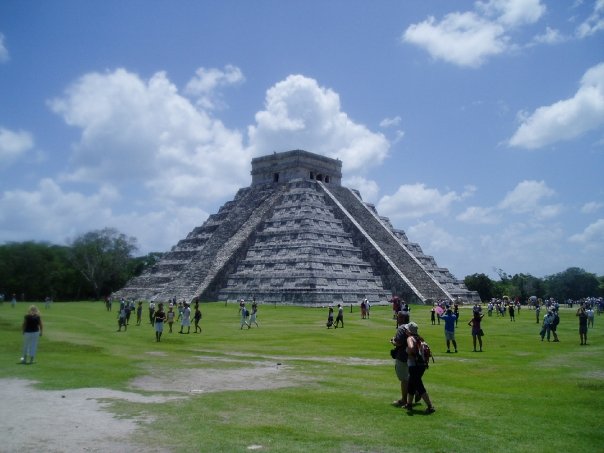There is a hypothesis that the defining traits of humans is our ability to apply what we learn to create new things and our unique desire that one of those things to be art. Scholarship, creativity, storytelling, and developing skills are at the heart of everything we do. Our world doesn’t have magic the way most fantasy worlds do, but it still permeates our culture, in art:

We find it in literature, like the Lord of the Rings, Chronicles of Narnia, and the works of thousands of other authors. We find it in our movies and television, even in our science fiction.

We use references to magic in our everyday language. We conjure up ideas. We’re wizards on the computer. When we have mistaken ideas, they’re called illusions. We divine meaning, evoke images, and hand wave away contradictions and other hocus pocus.
When we know that magic is real, there would have to be a method of learning it. This could mean magic schools, apprenticeships, universities, or libraries. If magic is common, it may be a standard class throughout the education system, like math, language, or gym. If magic is extremely rare, then finding a teacher may be a quest in itself. Natural or inherited magic may mean that teachers wander the land looking for those rare people before someone else finds them or they erupt in a conflagration killing everyone around them.
Schools may also teach the history of magic, how to defend yourself from magic users, and dealing with magical creatures. Fairies are extremely dangerous, so knowing fae etiquette may be essential for all children to learn. Unicorns can only be touched by women, so obviously boys need to know that they could be skewered if they approached on. Science classes would need sections devoted to how to avoid turning your chickens into cockatrices and which plants are intelligent and therefore would be looking to hunt and eat you. The more prevalent magic is, the more the people will need to know about it just to survive in the setting.
As we saw above, the arts will also be affected by magic. The obvious case would be using magic as an art form itself. Magic could be used as a medium for sculpture or as a sort of paint. They could create plays where the monsters and costumes look real. Illusion spells can be used like we use special effects or to create realistic sets. Music may not need instruments or instruments themselves could be used to make magic.
The biggest aspect of dealing with the humanities is prevalence. The more common magic or magical creatures are, the more important it will be in the artistic and scholarly circles. If we teach our children a trade and how to cook, we’ll need to make sure they know how to avoid elementals if they’re around a lot. Mummer’s shows won’t be nearly as interesting as the bard who can literally control sound as many times as they want every day performing epic recitations with a continuous soundtrack and realistic sound effects (I’m looking at you, Ghost Sound).
Next week, I’ll be writing about how things are going with my writing. Thanks for reading! See you next Sunday!

